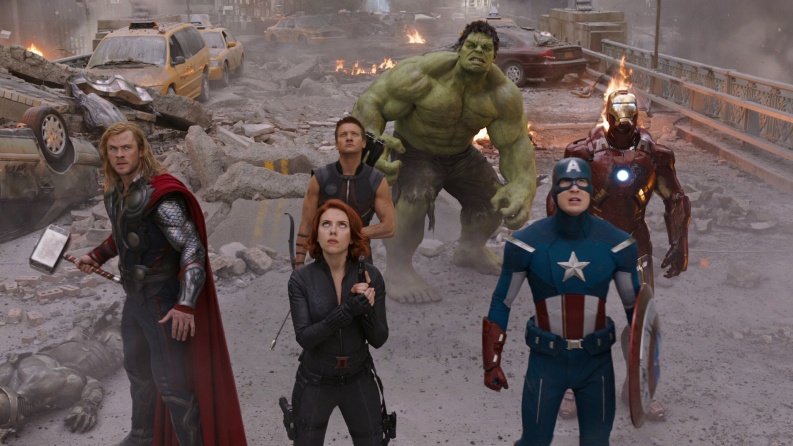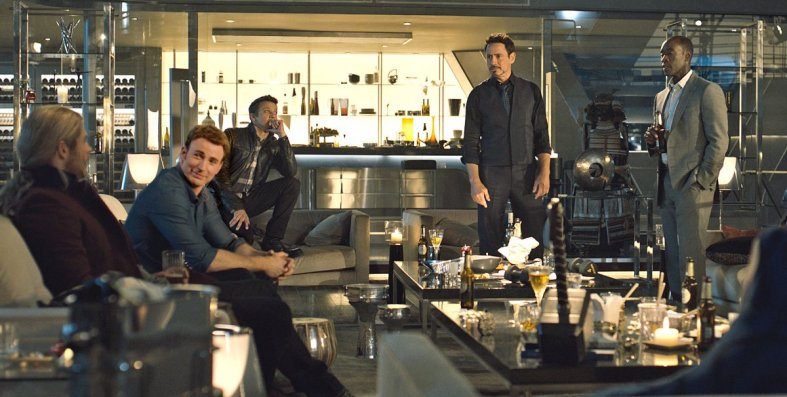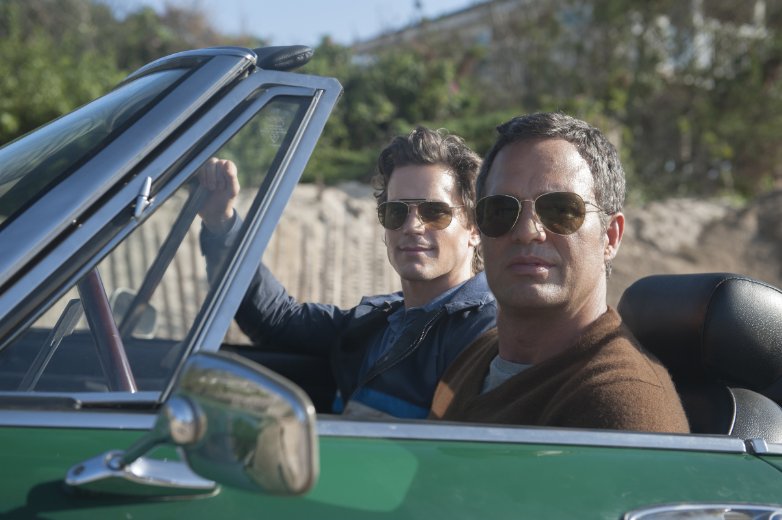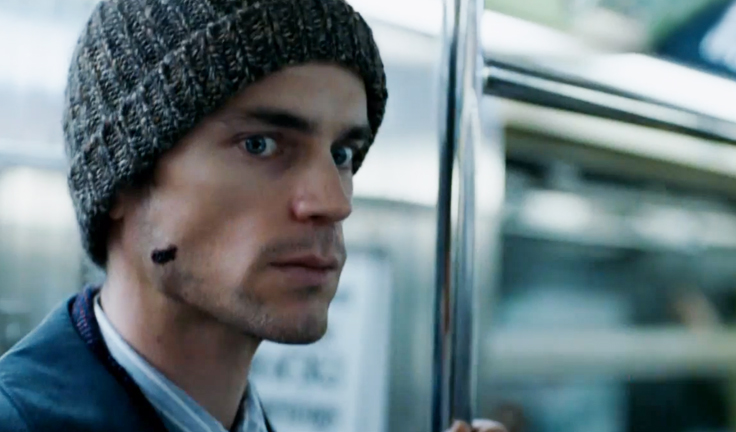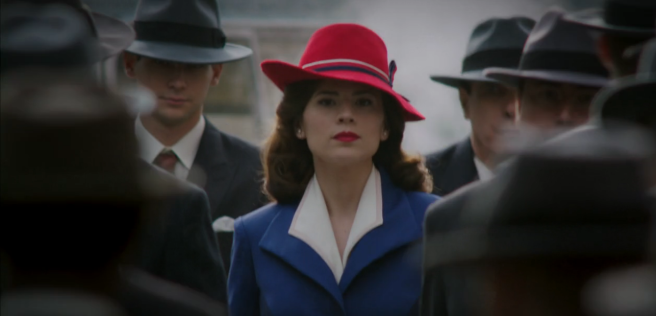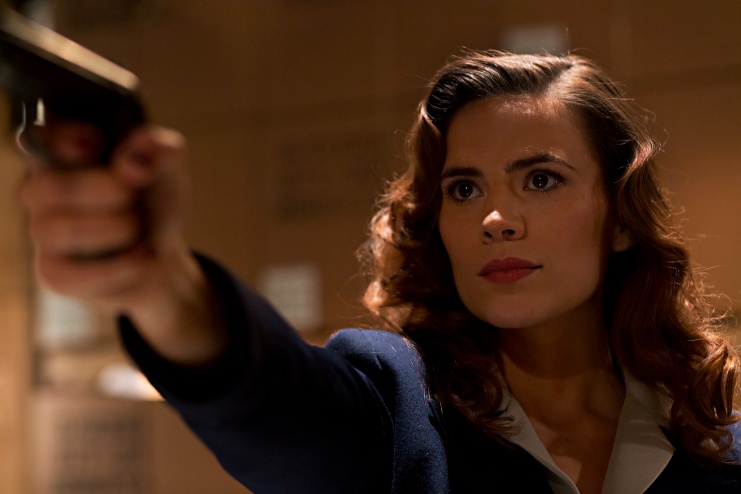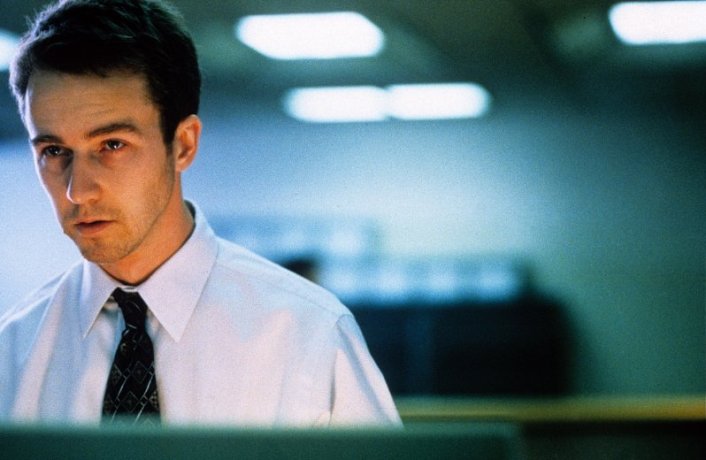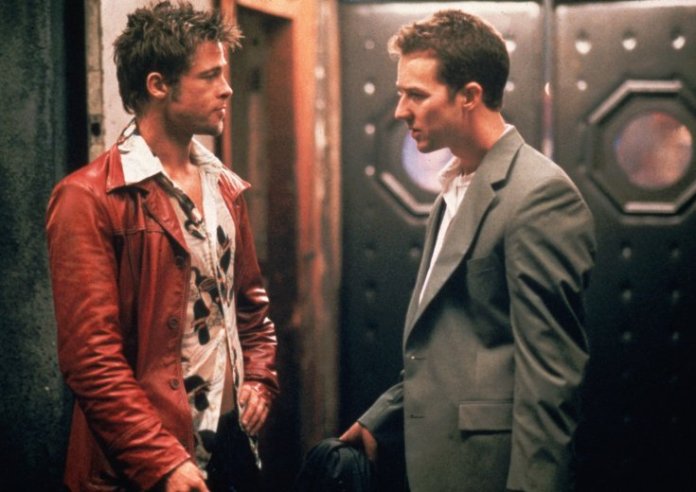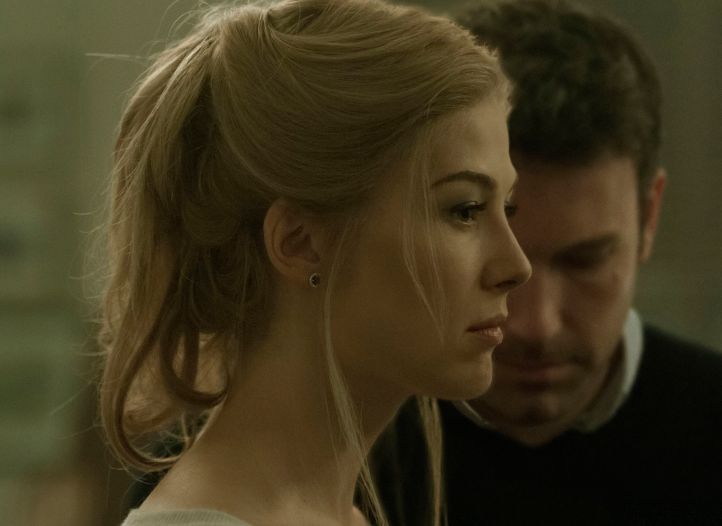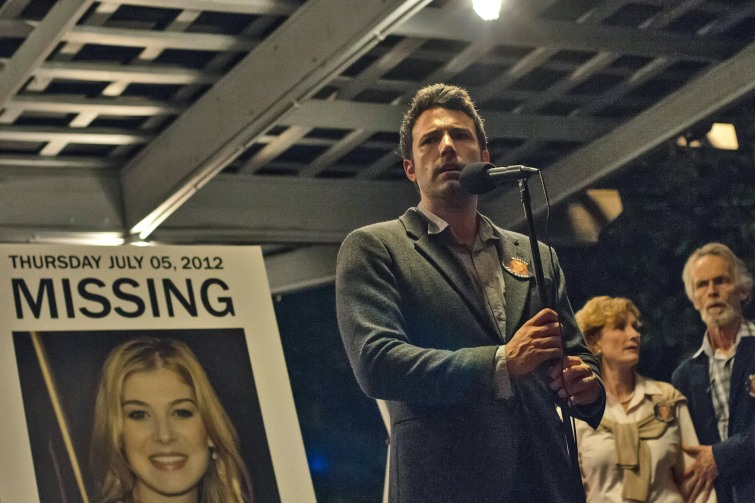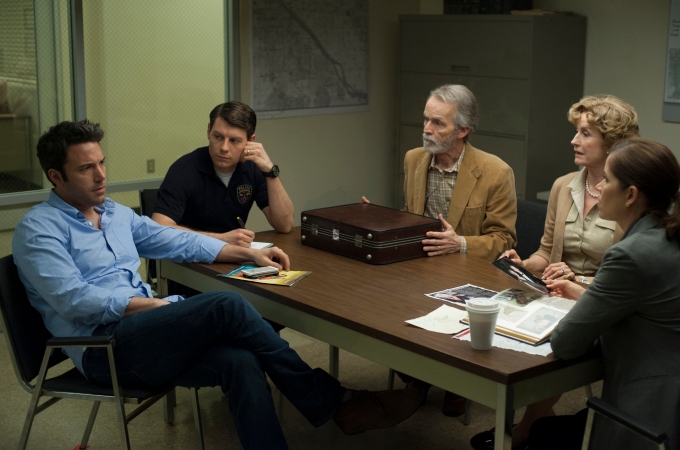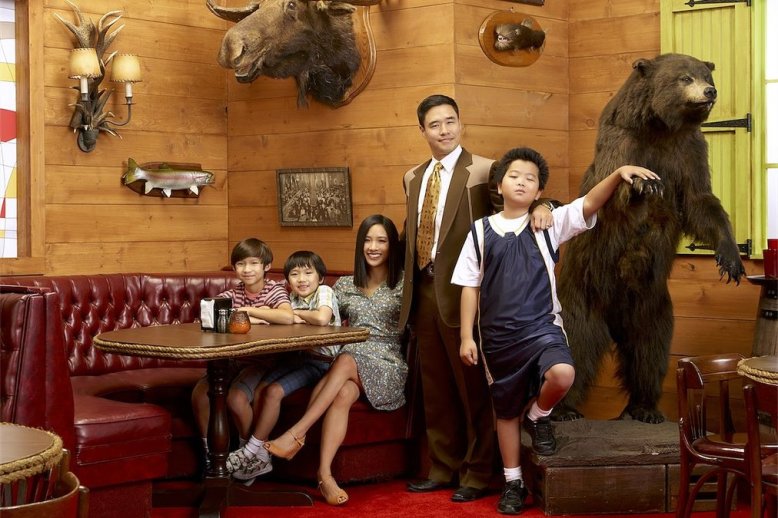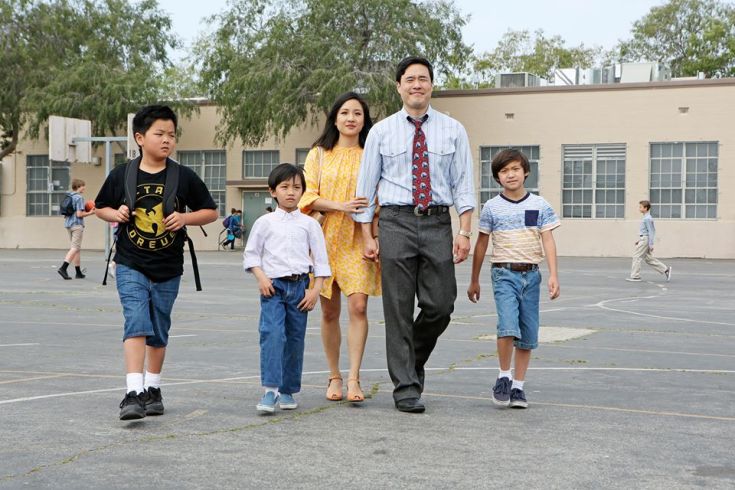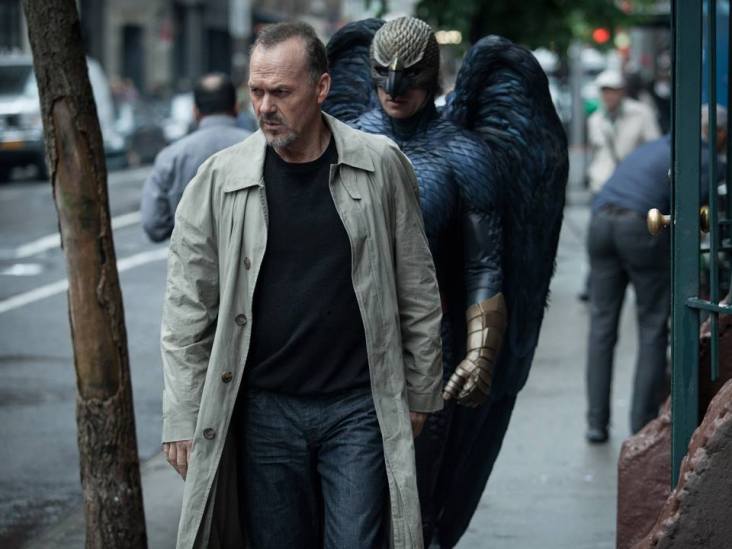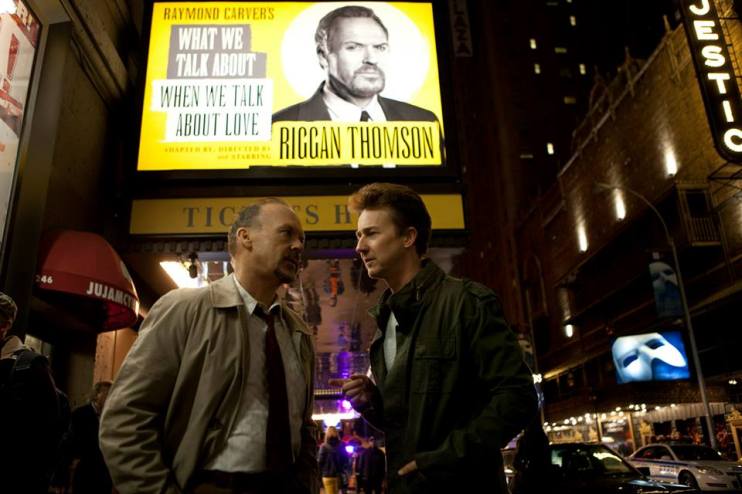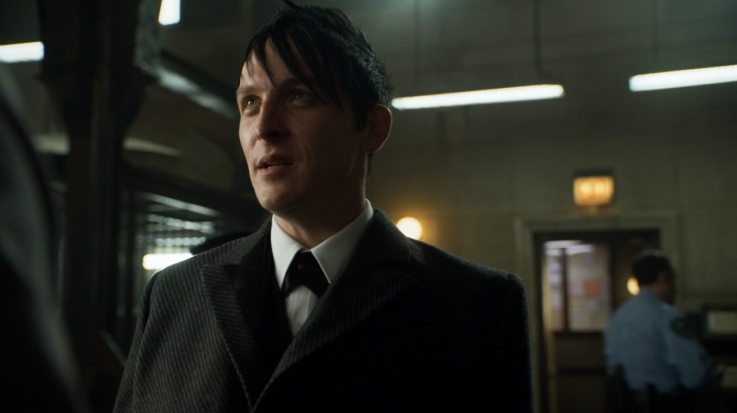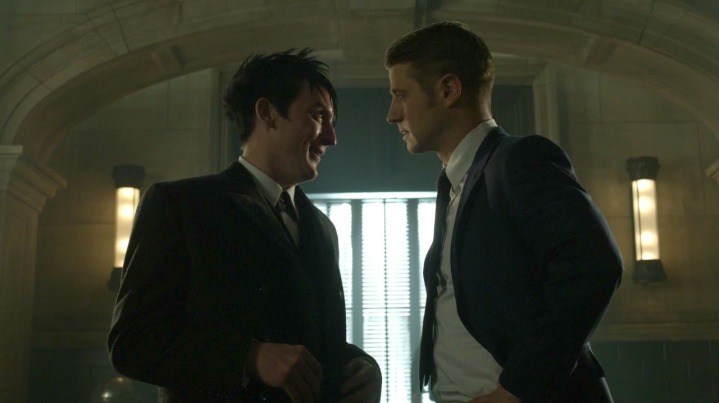Marvel Comics has essentially gotten the attention of about every comic and movie fan to the point where fans are willing to stay in the theater after the movie to see the anticipated end-credit scenes, which are barely one minute long. The anticipation of movies experienced by Marvel fans makes a lot of sense, considering that Marvel Studios has created countless of blockbuster films that have been seen all over the world. But with The Avengers: Age of Ultron approaching to theaters in less than a month, it is always nice to consider how far Marvel has come since the start of the Marvel Cinematic Universe. Before fans should consider waiting in line for weeks to see the new installment, everyone should reflect back to 2012, when The Avengers changed cinematic history forever.
The Avengers, directed by Joss Whedon and starring Robert Downey Jr., Chris Evans, Chris Hemsworth, Mark Ruffalo, Scarlett Johansson, Jeremy Renner, and Samuel L. Jackson, starts off with an opening scene of S.H.I.E.L.D. discovering the Tesseract, a device used to travel from Asgard to Earth. As the scientists were researching the device, Loki, Thor’s adopted brother, appeared from the Tesseract and denounced his plan to take over the Earth. Loki effortlessly escapes and in order to protect the Earth from Loki, Nick Fury, director of S.H.I.E.L.D., assembles a team of superheroes known as the Avengers.
As the team of superheroes meet each other for the first time, things don’t run as smoothly as everyone had thought. Various ideas and opinions start to cause the teammates to conflict with one another, which makes their cooperation difficult in the beginning. Disagreements start to arise, specifically from Steve Rogers and Tony Stark, but it all had to eventually be settled due to the fact that the safety of Earth was on the line. Like the whole audience would expect, the Avengers made peace with one another and saved the Earth from extraterrestrial beings.
Even with all the exciting special-effects and action-sequences, The Avengers was still able to focus on the idea that the process of teamwork is no walk in the park. Even when they were able to join forces to stop Loki, the disagreements that they had put their team at stake on several occasions.
What is the subtext?
The subtext is about how the overall idea of teamwork is not as effortless as it may seem.
What makes teamwork effective? Is it the cooperation? Is it the trust? Both of these factors are extremely important when it comes to establishing teamwork, but it doesn’t make it any less difficult. What The Avengers was able to successfully establish was the idea that teamwork can have its ups and downs, but the downside is usually overlooked. The major flaw that caused the teamwork of the Avengers to falter at times in the film was because of each individual’s high levels of self-importance. Each Avenger was already doing well before the team got together and had already made a name for themselves; but when a group of talented individuals who were often times self-centered came together, disagreements are nothing but expected. The issue of self-importance experienced by each team member made their cooperation difficult because they all thought they were better than one another. They all eventually settled their differences by developing the mentality of, “Not what the Avengers can do for you, but what you can do for the Avengers,” which helped them work as a team. Their cooperation took time, but the end result was still beneficial for the team; and let’s be honest, the process of cooperating with one another was probably more difficult than battling extraterrestrial beings.
As the fans continue to countdown to the release of The Avengers: Age of Ultron, they shouldn’t forget to consider the difficulties of teamwork that was focused in The Avengers. Instead of believing the preconceived notion that teamwork is effortless, reflect on the idea that the process of teamwork is difficult and requires patience and time more than anything; but this should motivate people. Situations turn out better if people put the time into it and the same thing goes for teamwork. The film was all about learning to cooperate with one another and if the Avengers were able to do so, just about anyone else can, too.
